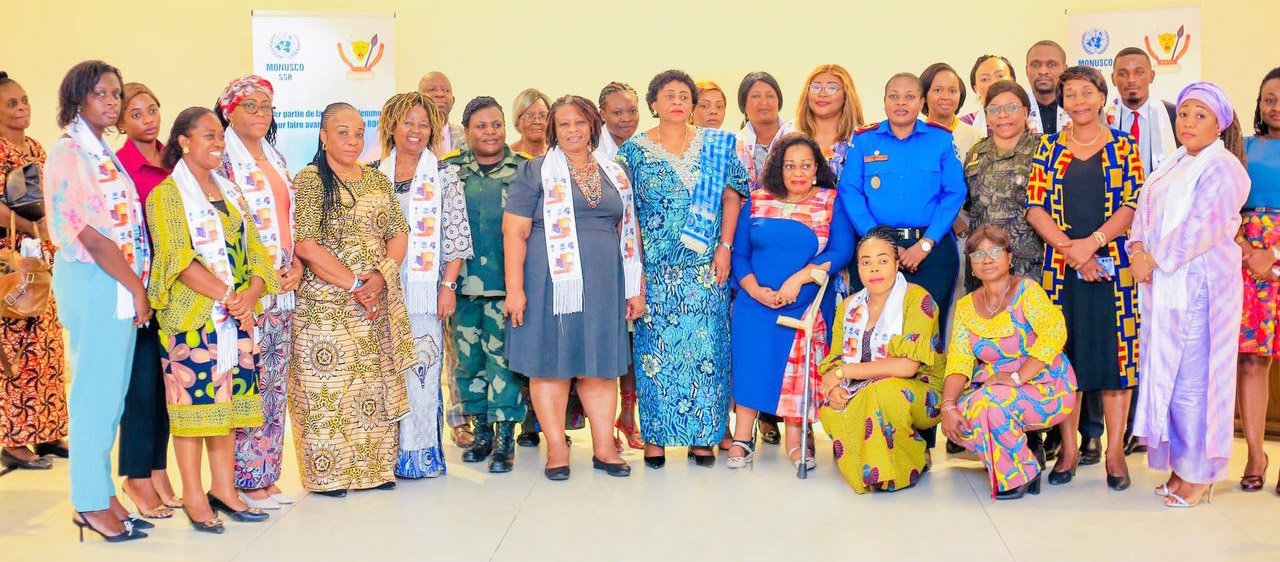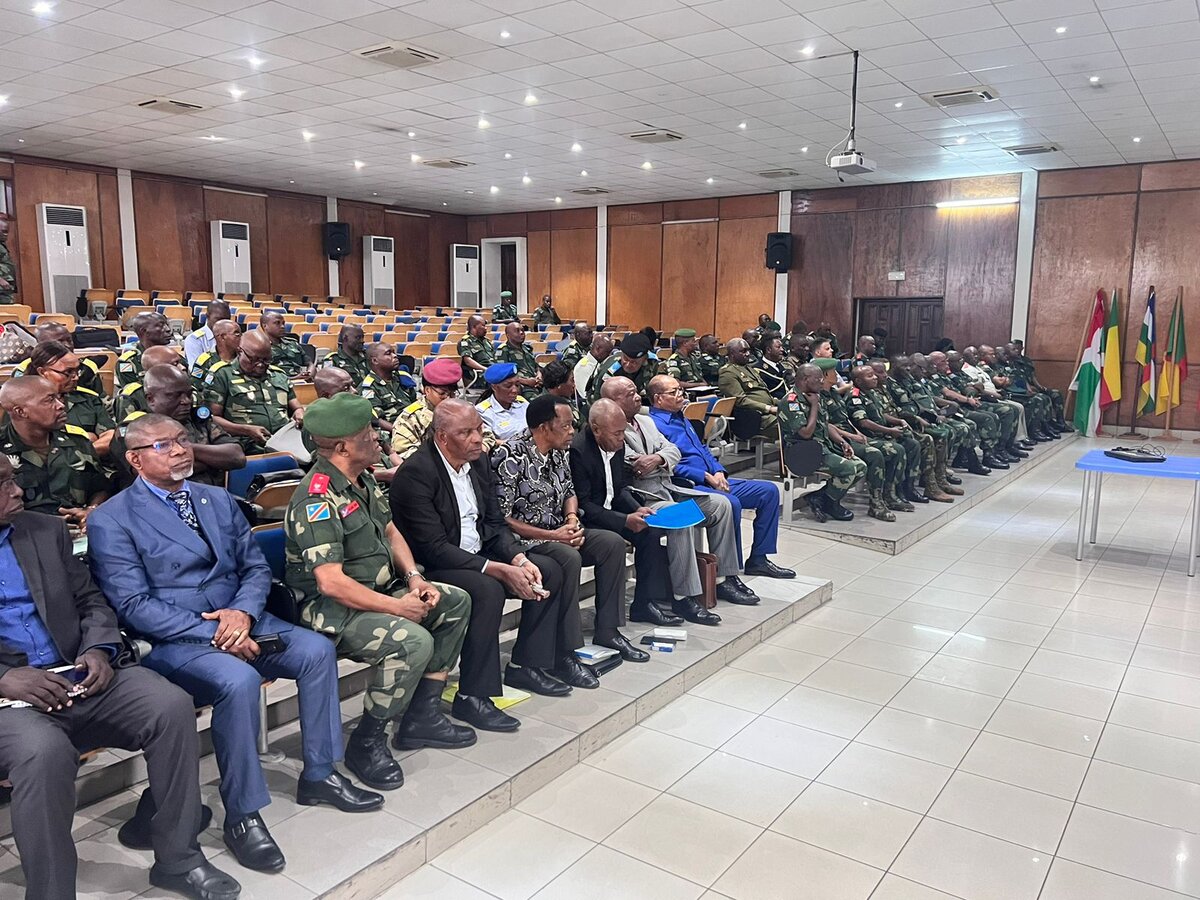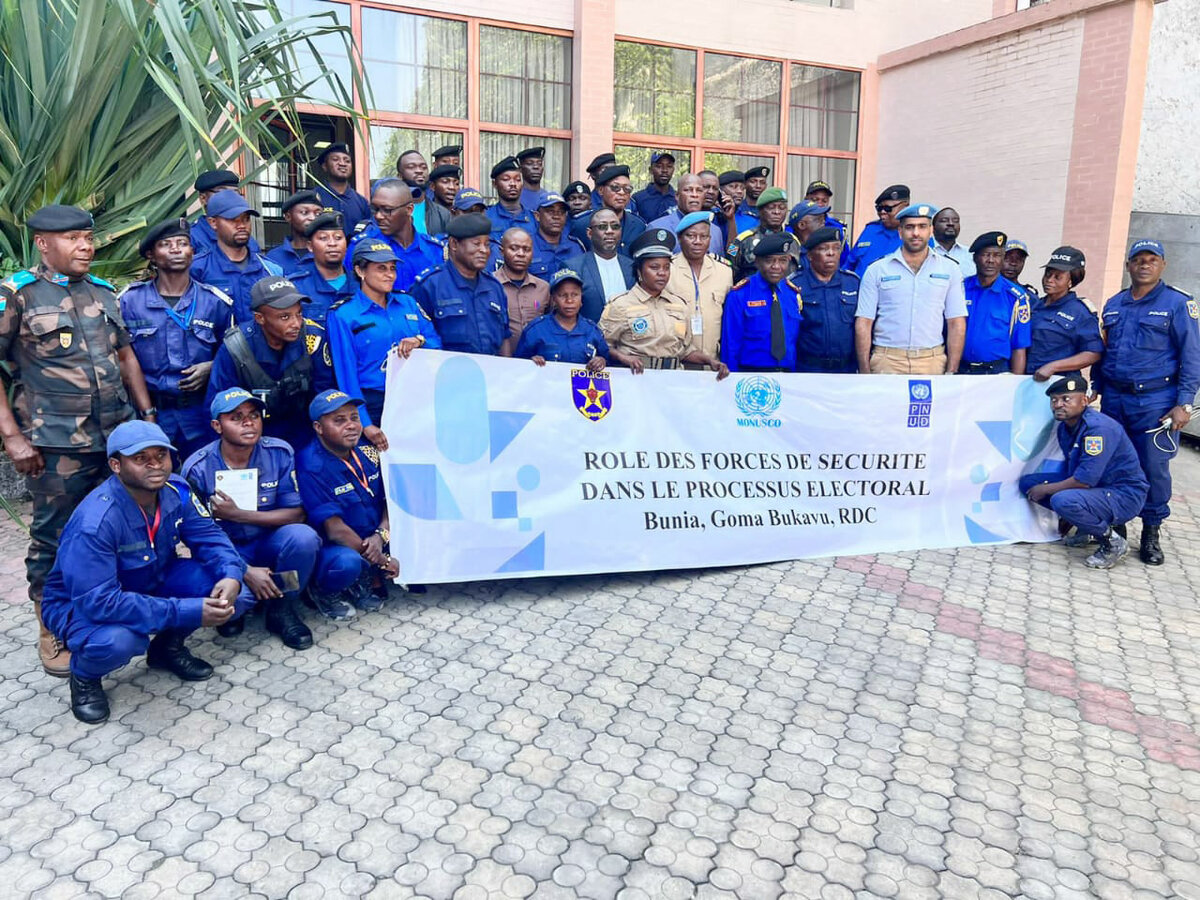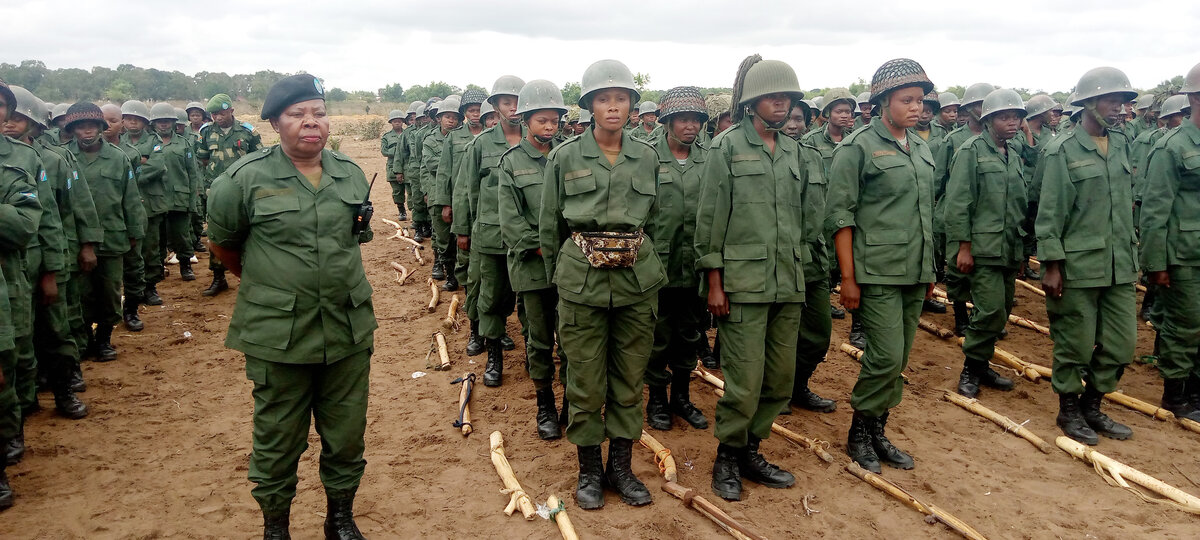
ROLE AND MISSIONS OF THE SSR SECTION IN THE CONTEXT OF MONUSCO’S TRANSITION.
The implementation of a policy of Security Sector Reform (SSR) is essential for a sustainable return to peace in the eastern of the DRC. In the context of the scheduled of MONUSCO’s withdrawal, it is an absolute emergency to stabilize the country. That is why the resolution 2666 of the security Council, adopted in December 2022, renewing the mandate of MONUSCO, considers SSR a priority. The SSR has been identified as one of the key areas to maintain progress in stabilization of the political and security situation in DRC, to promote the law enforcement, good governance, and to prevent new conflicts.
SSR plays the role of catalyst for the other priorities of the mission, such as the protection of civilians and the programme of Disarmament, Demobilization, Rehabilitation and Community Stabilization (PDDRCS). It is also an indicator of success for the mission, including the level at which the national security forces can take over and ensure peace and stability after the departure of MONUSCO. It is a major priority in the agenda of the mission transition.
The United Nations support the SSR in the DRC since 2003, helping the government to implement the Agreement on a comprehensive and inclusive transition. Since May 2008, the UN has maintained a presence of the SSR within the mission.
 |
 |
MONUSCO has always been a preferred partner to coordinate the support of international and bilateral partners, as well as of the UN system. The government of Felix Tshisekedi has reaffirmed its commitment to the SSR through the government plan of April 2021, the mission has continued to focus on the aspect of the governance of the security sector, in creating an environment conducive to dialogue among key national stakeholders on a coordination mechanism that would support an effective monitoring and evaluation of the reform. MONUSCO continues to advocate for the development of a national security policy that reflects the current realities of the DRC.
The recruitment and deployment of 2 700 young women aged between 18 and 25, as a non-commissioned officers, with the support of MONUSCO and UN WOMEN, is a sign that FARDC seek to provide opportunities for professional career to all the Congolese people, regardless of their sex. MONUSCO encourages and supports the involvement of civil society organizations, women's groups, and youth groups in implementation of reforms within the various security forces.

In the spirit of the joint programming during the transition, it is imperative that all partners, both national and international, work together to support the program of the SSR. A coordinated approach and inclusive would allow national institutions, agencies of the United Nations and the diplomatic community to better understand the SSR and to continue to provide the necessary support to the process after the withdrawal of the mission.
Contact- Security Sector Reform (SSR) Unit
MONUSCO – UTEX
372, Ave Colonel Mondjiba
Concession Immotex (Ex. Utexafrica)
Kinshasa – Ngaliema – DR Congo.
Phone: +2437053929911
+243847441042
 UN
UN United Nations Peacekeeping
United Nations Peacekeeping